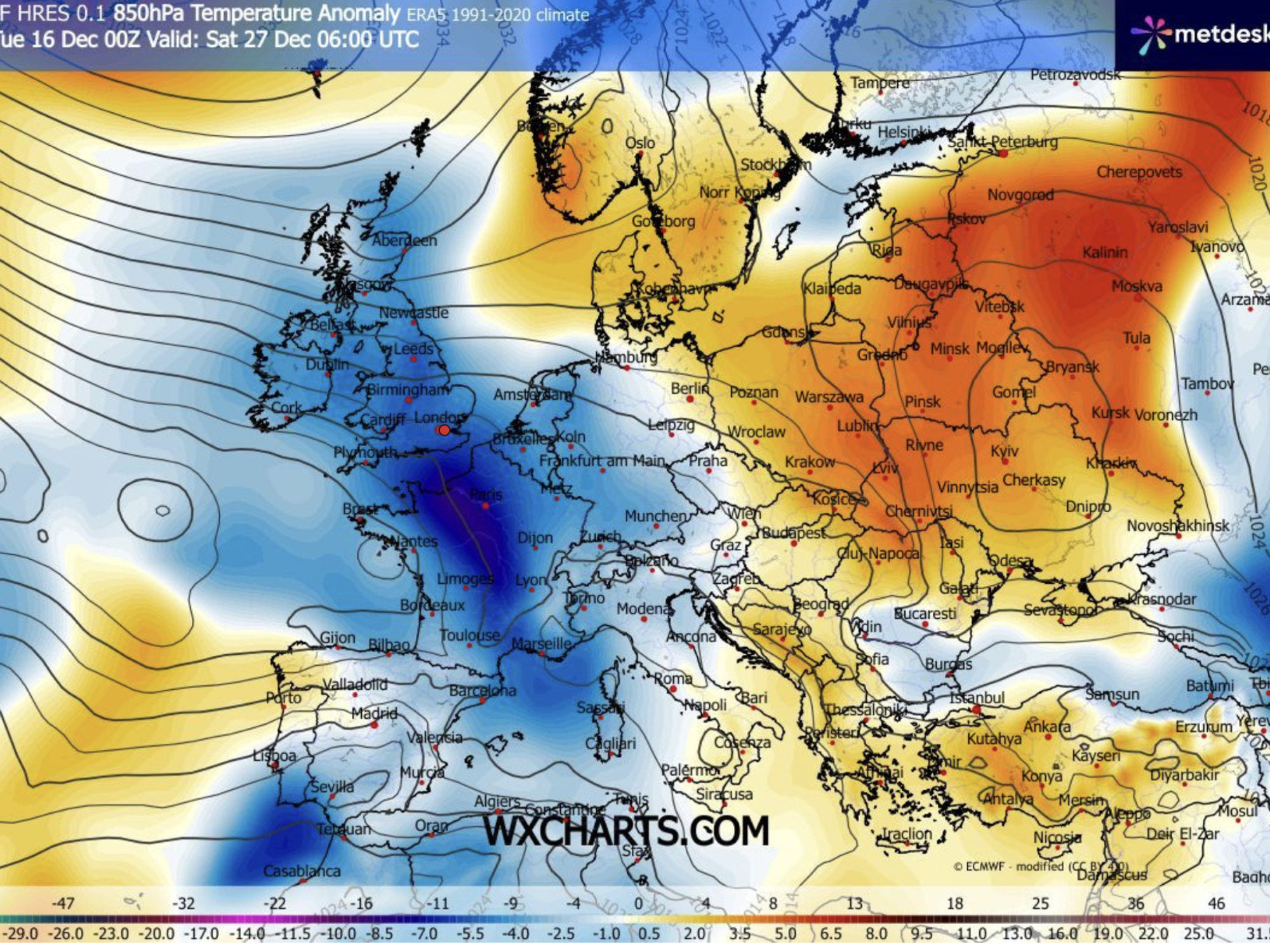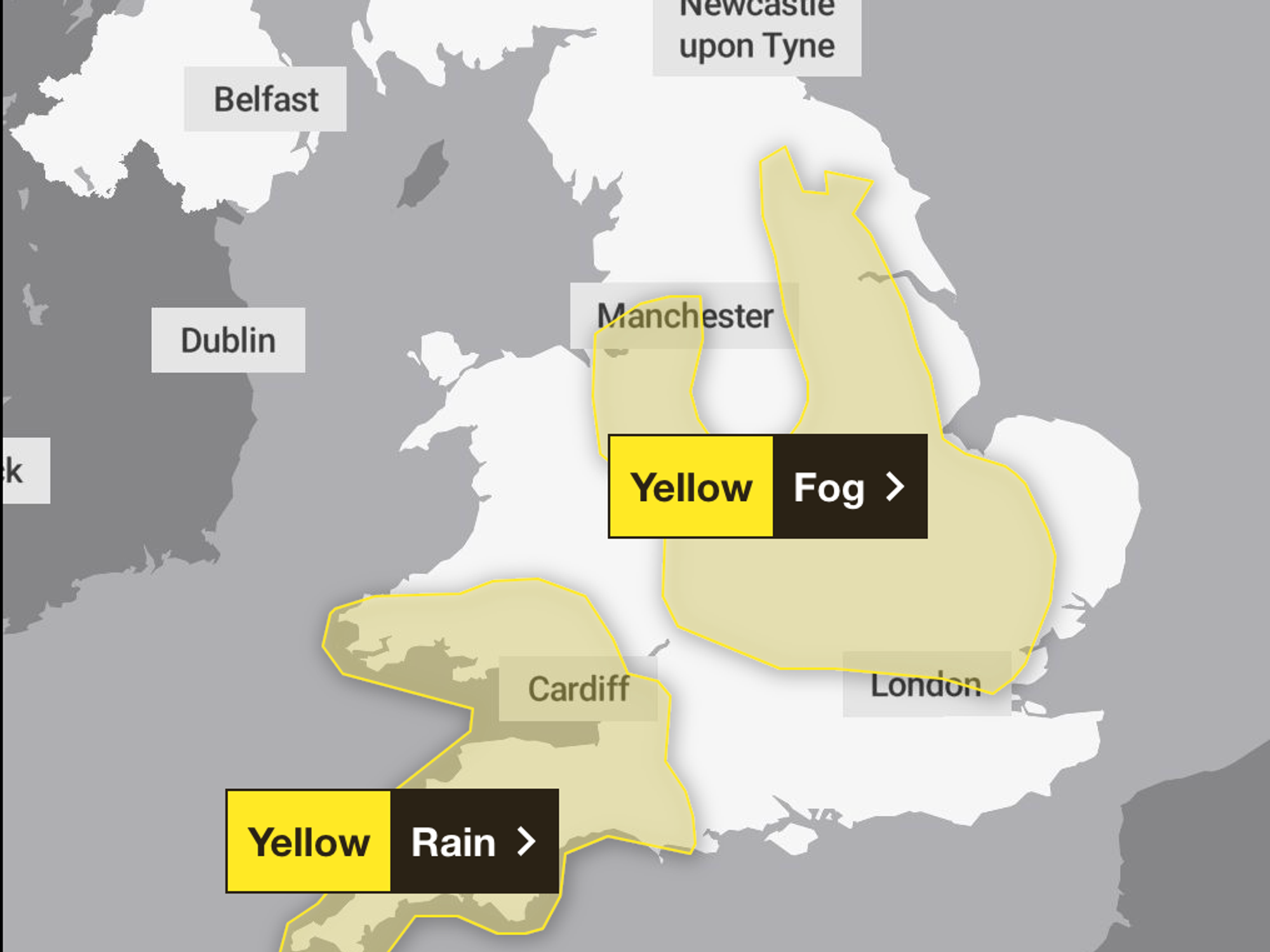WHO declares global health emergency as new form of mpox spreads
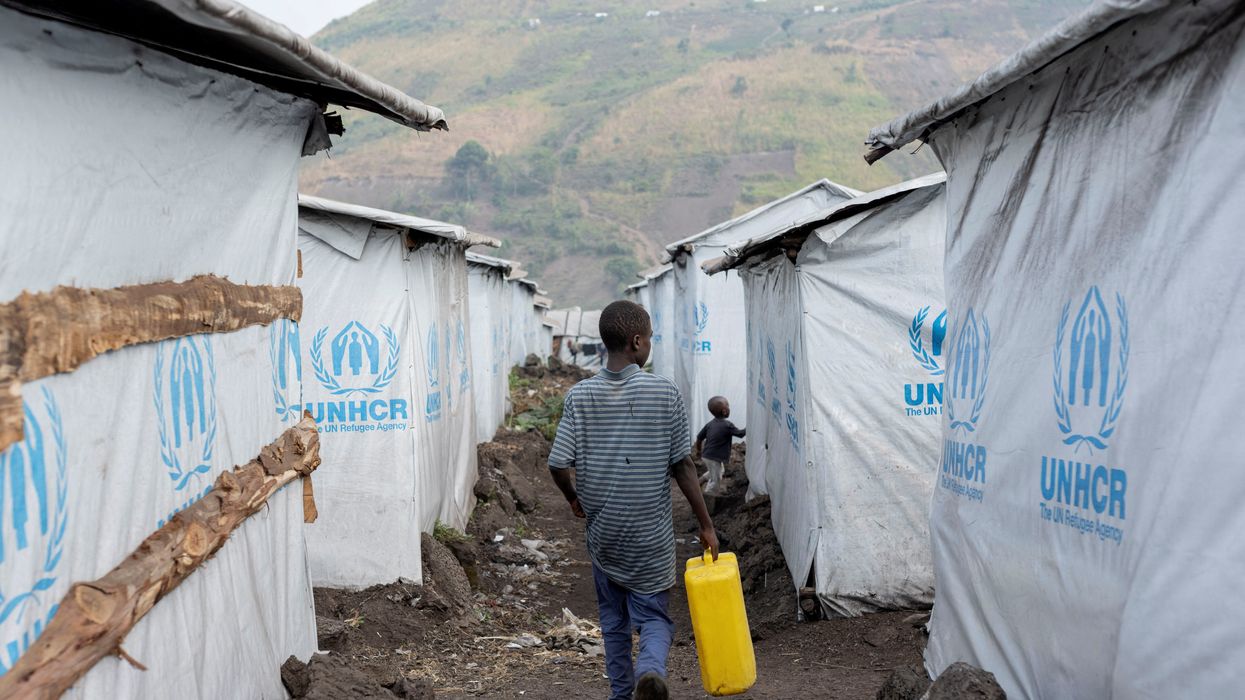
Children at risk in the DRC | Reuters

It follows an outbreak of the viral infection in the Democratic Republic of Congo
Don't Miss
Most Read
Latest
The World Health Organization has declared mpox a global public health emergency for the second time in two years.
It follows an outbreak of the viral infection in the Democratic Republic of Congo that has spread to neighbouring countries.
Mpox can spread through close contact. Usually mild, but it is also fatal in rare cases. It causes flu-like symptoms and pus-filled lesions on the body.
Determining a disease outbreak as a "public health emergency of international concern" or PHEIC — the WHO's highest level of alert — can accelerate research, funding and international public health measures and co-operation to contain a disease.
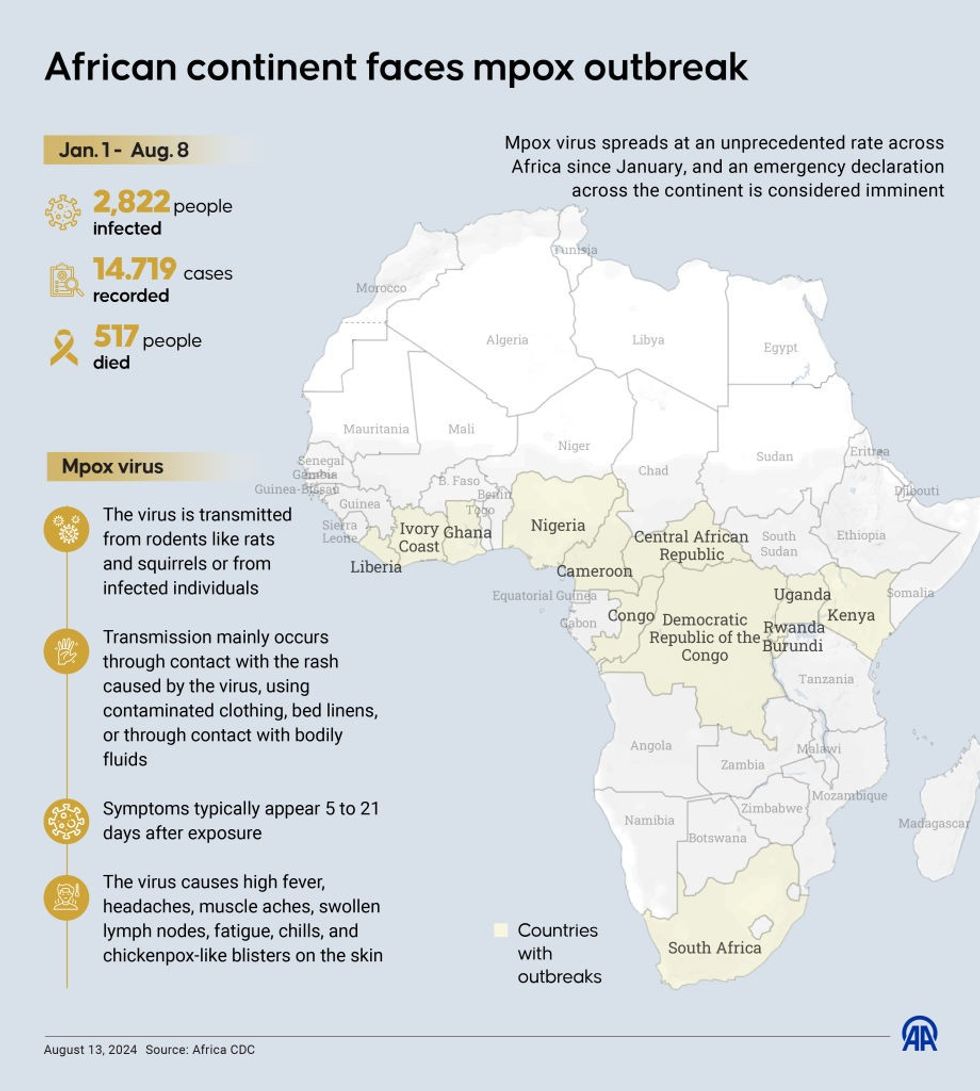
A map of the outbreak
|Getty
The outbreak in Congo began with the spread of an endemic strain, known as clade I. But a new variant, clade Ib, appears to spread more easily through routine close contact, including sexual contact. It has spread from Congo to neighbouring countries, including Burundi, Kenya, Rwanda and Uganda, triggering the action from the WHO.
"It's clear that a coordinated international response is essential to stop these outbreaks and save lives," said WHO Director-General Tedros Adhanom Ghebreyesus.
Earlier this week, Africa's top public health body declared an mpox emergency for the continent after warning that the viral infection was spreading at an alarming rate.
More than 17,000 suspected mpox cases and 517 deaths have been reported on the African continent so far this year, a 160 per cent increase in cases compared to the same period last year, the Africa Centres for Disease Control and Prevention said. A total of 13 countries have reported cases.
LATEST DEVELOPMENTS
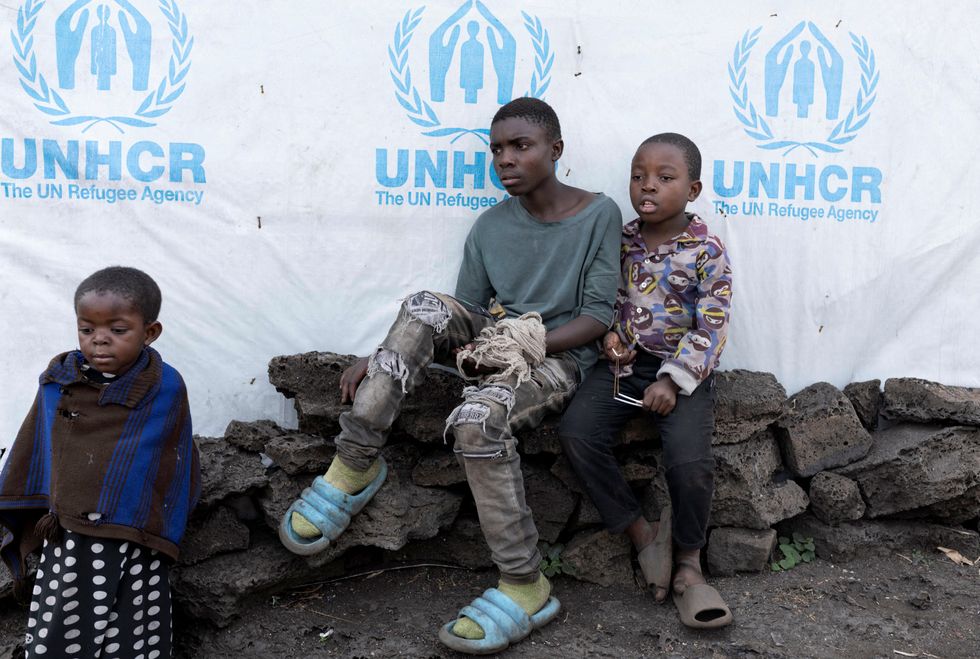
Christevie Lukeka,10, sits with Gedeon Kakule,13, both who recovered from Mpox
|Reuters
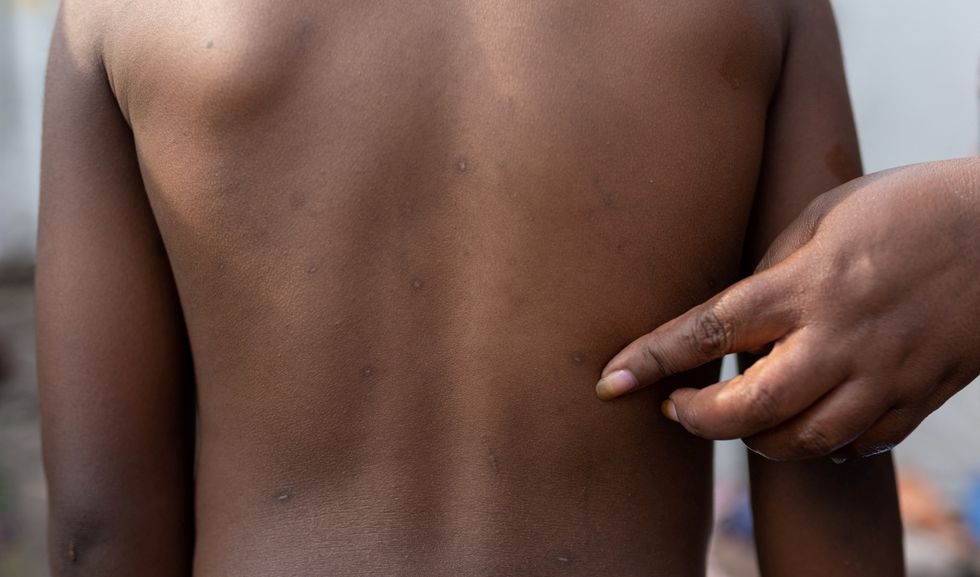
Zawadi Bwira Bakulu, 35, shows the rash marks on her son Christevie Lukeka who recovered from Mpox in Nyiragongo territory near Goma
|Reuters
A different form of the mpox virus — clade IIb - spread globally in 2022, largely through sexual contact among gay men.
This prompted the WHO to declare a public health emergency then, which it ended 10 months later. A combination of behavioral changes and vaccination tamped down the spread.
In the United States, for example, the toll dropped to about 1,700 cases last year from more than 30,000 in 2022, reports the New York Times.
The version of mpox that has been circulating in the Congo has always been more virulent, and currently has a death rate of about three per cent, compared with 0.2 percent in the 2022 outbreak. The infection can produce fever, respiratory symptoms, muscle aches and swollen lymph nodes, as well a rash on the hands, feet, chest, mouth or genitals.
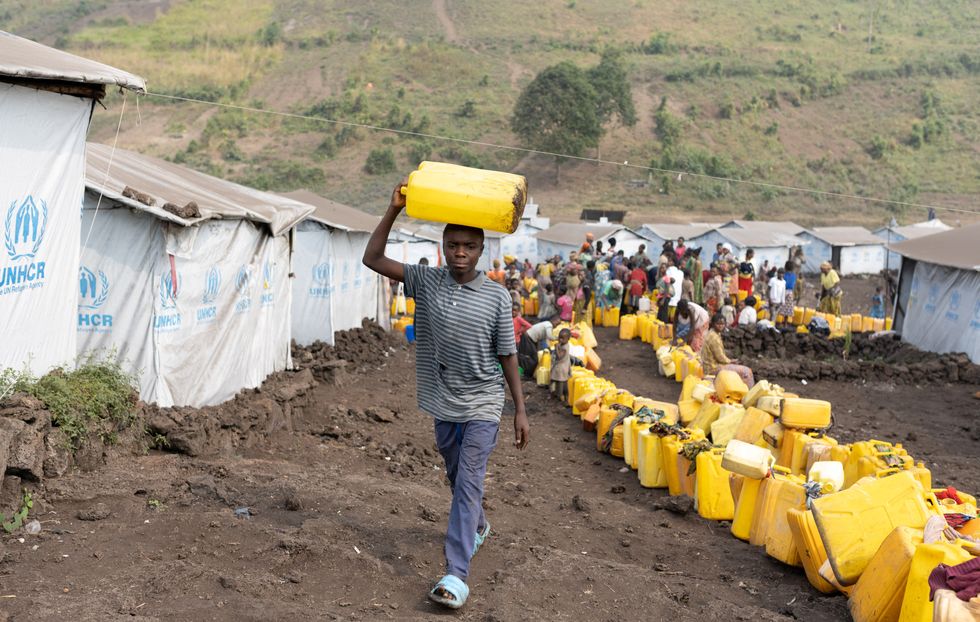
Gedeon Kakule, 13, who among the first cases Mpox - an infectious disease caused by the monkeypox virus that spark-off a painful rash
|Reuters
Executive director for preparedness and response at the Coalition for Epidemic Preparedness Innovations Dr Nicole Lurie told New York Times: "It’s in the interests of the countries, of the continent and of the world to get our arms around us and stop transmission as soon as we can.
“This outbreak has been smouldering for quite a long time, and we continually have missed opportunities to shut it down.
"I’m really glad that everybody is now paying attention and focusing their efforts on this."








